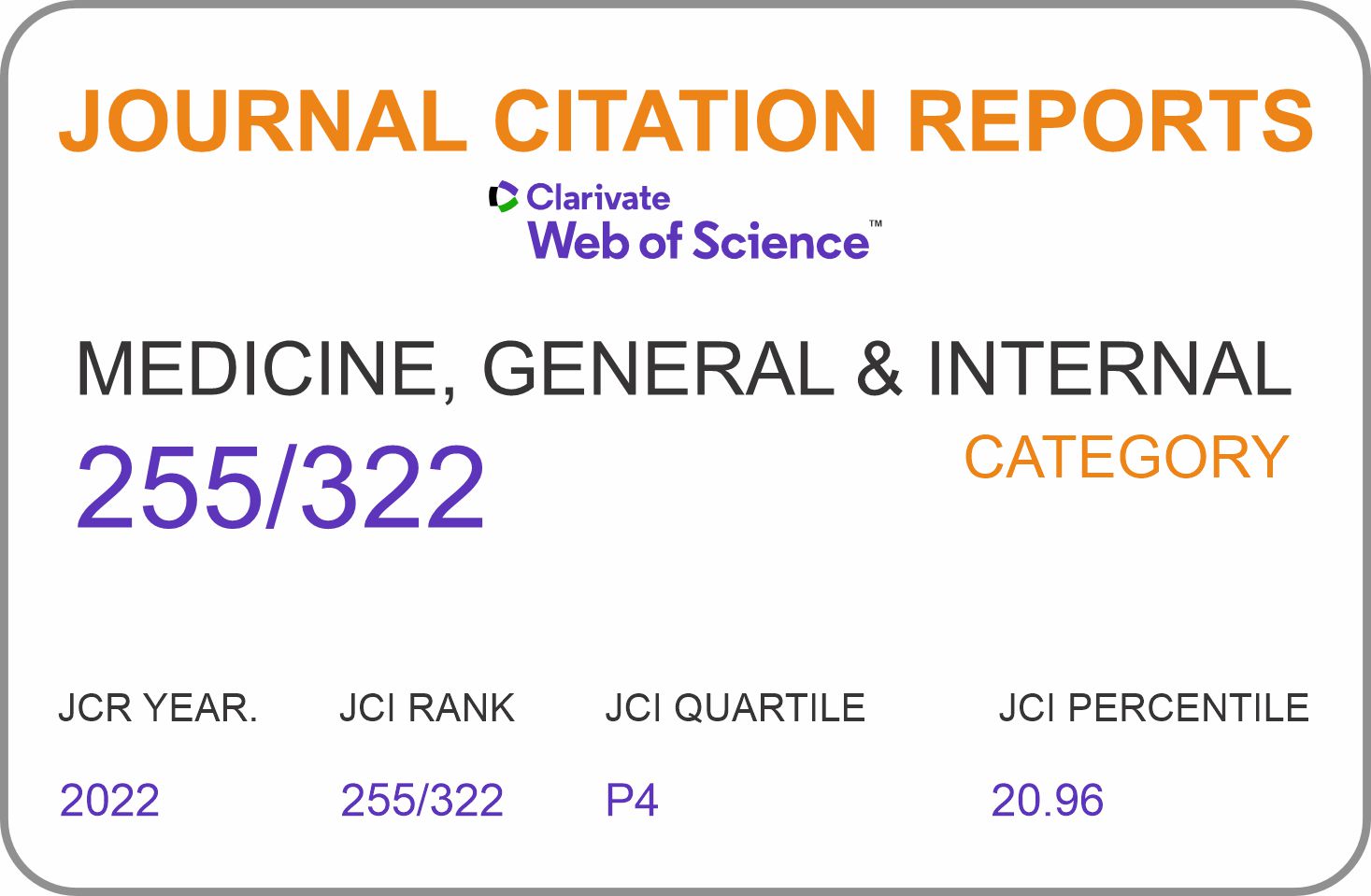Target therapies plus chemotherapy compared to chemotherapy in Stage IV or recurrent triple negative breast cancer. A Systematic Review and Meta-analysis
DOI:
https://doi.org/10.35434/rcmhnaaa.2021.142.1047Keywords:
Triple-negative breast cancer, metastatic breast cancer, target therapies, chemotherapyAbstract
Background: Breast cancer is the most common malignancy in women worldwide. Patients with triple negative breast cancer represent a subgroup with unfavorable prognosis especially in advanced stages of the disease. Several first-line therapeutic agents have been described. Objective: To perform a systematic review and meta-analysis to compare target therapies plus chemotherapy with chemotherapy in the treatment of patients with triple negative breast cancer Stage IV or recurrent. Material and Methods: A systematic search identified randomized clinical studies for the treatment of triple negative breast cancer in Stage IV or recurrent. The outcomes of interest were overall survival (OS) and progression-free survival (PFS). Data from each clinical study were recorded for the outcomes and the relative risk was estimated. Results: 10 studies were included and participants ranged from 53 to 902 per study. Regarding overall survival, we observed that target therapy plus chemotherapy in patients with triple-negative Stage IV or recurrent breast cancer was associated with a 15% decrease in the risk of mortality with a RR (95% CI): 0.85 (0.70 to 1.03). In relation to the level of progression-free risk, we observed that the intervention showed a 16% decrease in the risk of progression with a RR (95% CI): 0.84 (0.74 to 0.95). Progression-free survival in patients with the intervention ranged from 2.8 to 9.7 months, while in conventional therapy it ranged from 1.5 to 6.2 months. Conclusion: Patients with Stage IV or recurrent triple negative breast cancer who received target therapy plus chemotherapy showed a trend towards decreased risk of disease progression (PFS) and mortality (OS), however, more clinical studies are required to validate its significance.















